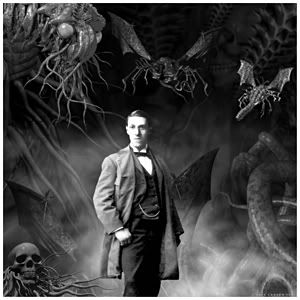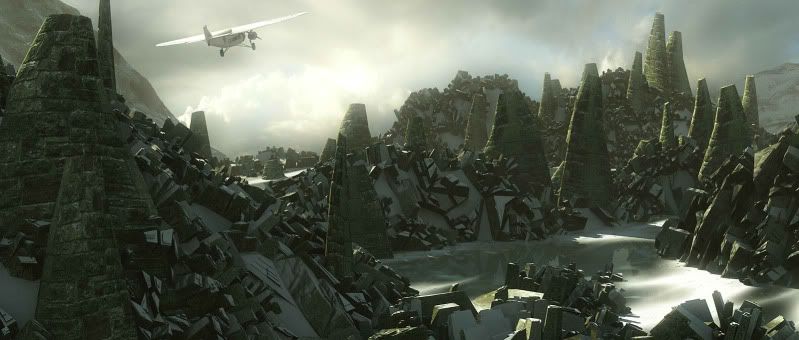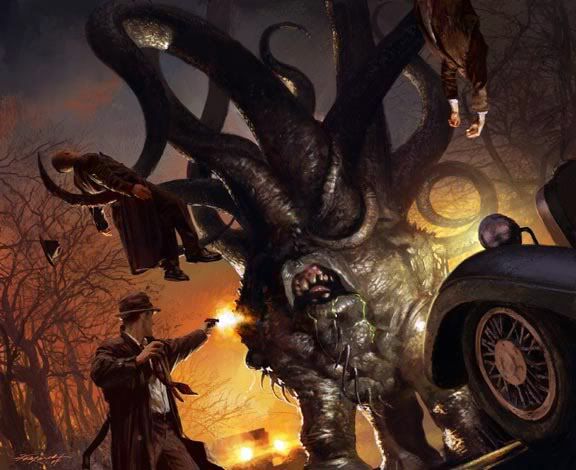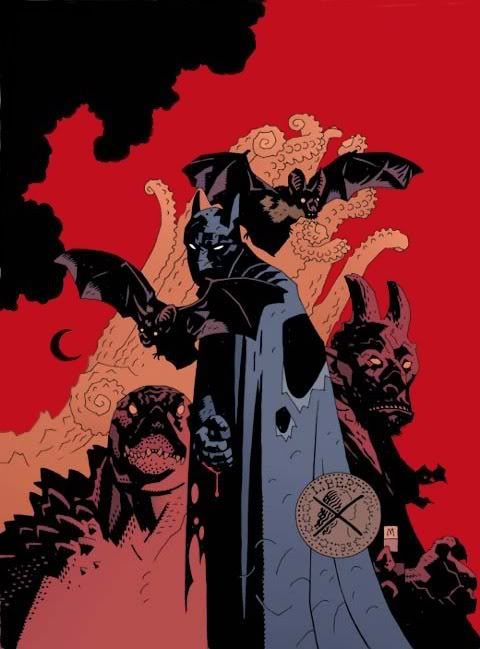1932 - 1960
I grabbed this book off the library shelf recently. I probably had an armful of Justice League trade paperbacks and felt like I could use something a tad more educational in the stack.

Once again I was faced with a story that covered a long time span. Whereas I will often go by the end era, I read this book retroactively (having already moved into the seventies). In some cases I would simply make a note in my timeline file, so that my personal robot could remind me twenty years from now that I should read it. But I delved in recklessly, and I'm glad I did.

My official book review covers this graphic novel very well, so I will simply copy it here for anyone interested in my analysis of a comic written about J. Robert Oppenheimer and Leo Szilard, the "fathers" of nuclear energy. But before I lose casual readers, I'd love to comment on my favorite section: Szilard was a reknown scientist, but Ottaviani makes much of his skill as a futurist and visionary- In particular his fascination with The World Set Free
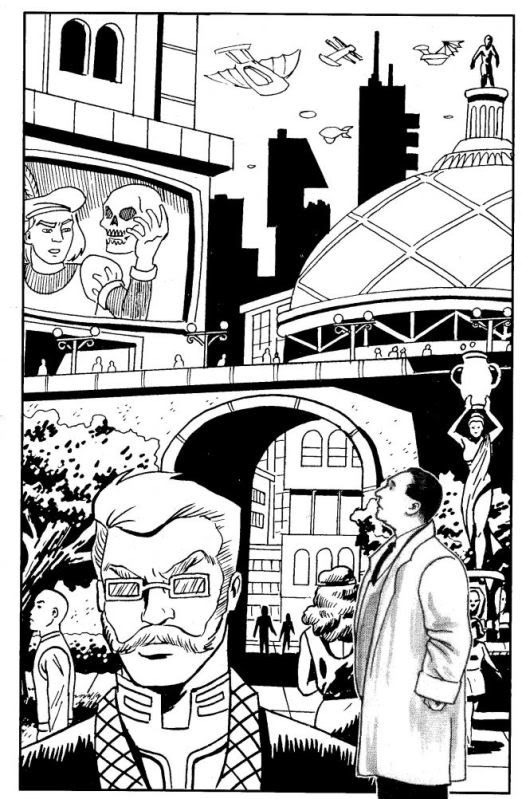
There is other artwork and storytelling that is more striking and emotionally hard-hitting, but the sci-fi fanatic in me loved stumbling upon this world of fantasy in the mind of a man whose visions helped shape the modern world.
Here is the review I wrote January 20, 2011:
A factual and scientific overview of the Manhatten Project composed with art from multiple graphic novel artists and a dramatic narrative from author Ottaviani. This book reviews the historical and scientific aspects of the creation of the atom bomb, but also takes a very keen look at the effect of the creation on the consciousnesses of the creators and the lasting effects on their lives.
Many writers have found the graphic novel forum to be a very effective way of communicating to a wider audience but also of using the artistic structure to convey themes that usually can only come across in movies- and sometimes poorly at that. Ottaviani takes full advantage of the fluid nature of a graphic medium to transport the reader both into actual times and places of the past, but also into the minds and moods of the characters. He tinkers with the facts but is true to the events and goes as far as appending explanations of every change and why it was done. At times the loose flow is hard to follow, and makes you wish that Fallout could be made into a motion picture to get a fuller effect of the sights and sounds that the writer and artists are expressing.
Readers of Fallout will draw inevitable comparisons to Maus, a prior graphic novel about World War II, and Ottaviani admits it as an influence is his source material. The comparison is unfair; Maus is an original masterpiece, where Fallout is a spin-off of sorts. Nonetheless, Fallout is a worthy inheritor of the legacy, and encapsulates a less traumatic but equally devestating aspect of the war.
I recommend this book to anyone who needs to learn more about one of the most devestating and powerful weapons ever devised- which would be just about anyone I know.




